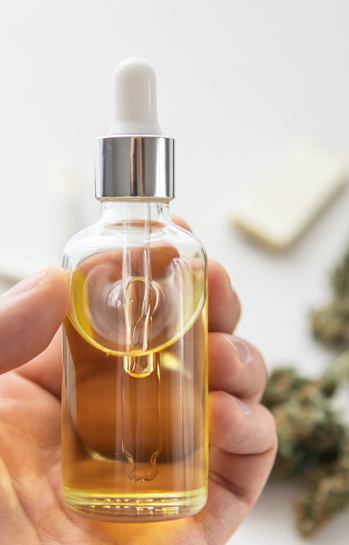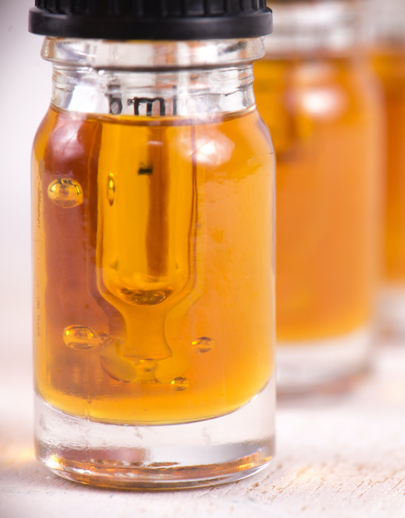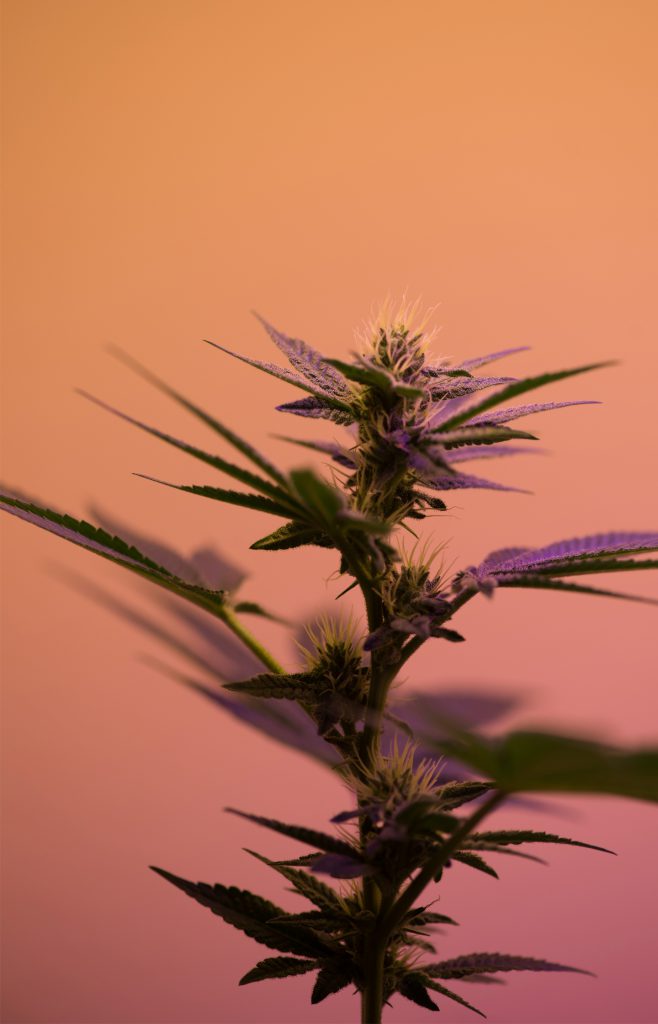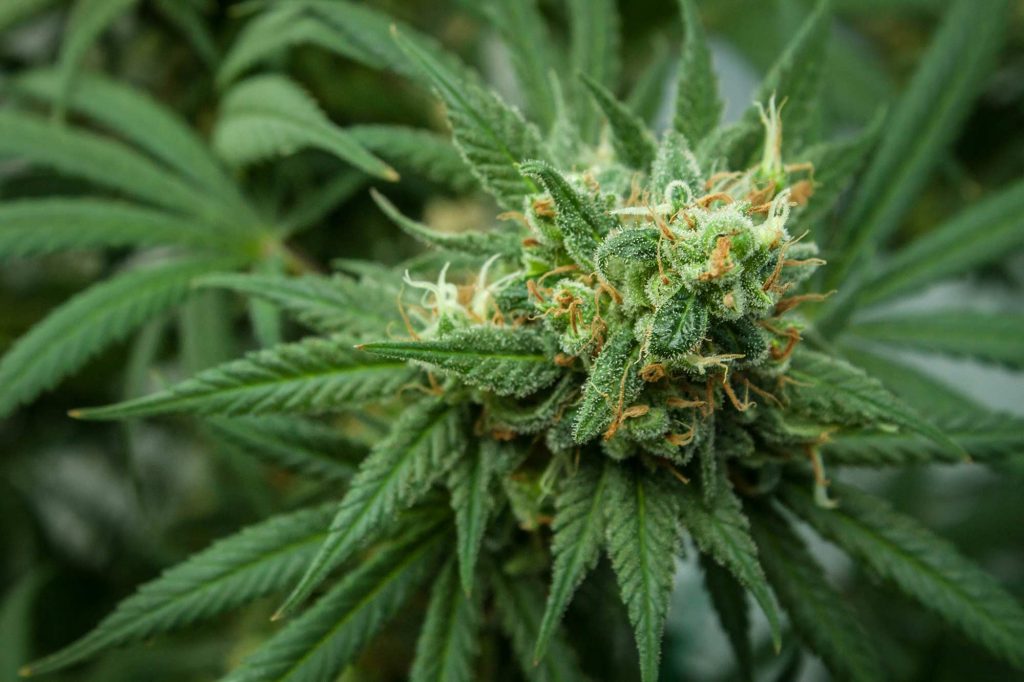Blog
Arthritis and Cannabis


Arthritis is a catch-all diagnosis used to describe almost 200 different rheumatic disorders that cause inflammation and stiffness around joints and their surrounding tissue.
More than 10 millions people in the UK suffer from some form of arthritis which can be caused by genetics, poor diet, repetitive movements, infections or a compromised immune system.
Some of the most common disorders are:
- Metabolic arthritis – A build up of uric acid which causes painful, sharp crystals to form in a joint (E.g. Gout)
- Degenerative arthritis – Thinning or roughaning of the cartilage that covers the end of the bone (E.g. Osteoarthritis)
- Inflammatory arthritis – Inflammation of a joint caused by an overactive immune system (E.g Rheumatoid arthritis)
- Connective tissue disease – Inflammation of the collagen and elastin in connective tissues
- Septic arthritis – Infection caused by a virus or bacteria spreading to the fluid around a joint (E.g. Hepatitis C or food poisoning)
Cannabis is by no means a cure-all for every form of arthritis but there is a growing body of evidence that it could be an effective treatment for rheumatoid arthritis and osteoarthritis.
Studies suggest that cannabinoids may have potential anti-inflammatory properties that can reduce swelling in joints, and could possibly hold analgesic properties in the treatment of chronic pain related to arthritis.
The potential benefits of cannabis for arthritis management has also been recognized by a number of official arthritis foundations around the world and it could be an important alternative medication to NSAIDs (e.g. ibuprofen, aspirin, naproxen), opioids used for chronic pain as well as antidepressants and sleep aids which are often prescribed to long term arthritis sufferers.
This article will give a summary of some of the key research findings around cannabis as a treatment for arthritic pain.
What we’ll cover in this article

Potential Benefits
Promising research suggests cannabis could play a role as a:
- Alternative anti inflammatory therapy
- Treatment for chronic pain associated to arthritis
- Mood enhancer for stress and depression connected to debilitating arthritis
- Treatment for sleep disruption caused by arthritis
Research
Cannabis for joint inflammation and swelling caused by arthritis
Both osteoarthritis (OA) and rheumatoid arthritis (RA) are characterised by symptoms that include chronic joint pain, inflammation, and swelling – symmetrical in RA, and asymmetrical in OA.
Research suggests that CBD can be an effective treatment for joint inflammation caused by OA, RA, and lupus.
Daily use could also stop the progression of murine collagen-induced arthritis.
Studies concerning the use of cannabis for arthritis inflammation and swelling have shown that terpenoids from cannabis can exert both anti-inflammatory and antinociceptive properties, potentially making it a promising treatment for acute inflammation in joints.
The same study stated that CBD oil might be suitable for use in treating chronic inflammation due to its prolonged immunosuppression effects. Research has suggested that an effective CBD dose for reducing arthritis inflammation is between 6.2 mg and 62 per day.
Cannabis for pain management caused by arthritis
Rheumatoid arthritis and osteoarthritis can cause chronic and debilitating pain especially in the joints in the knees, hands, wrists, ankles, jaw, and neck.
CBD oil may even be able to halt or prevent the development of pain and nerve damage in joints affected by osteoarthritis, and could be used as a therapeutic solution to treat neuropathic joint pain in those suffering from OA.
Another study found that THC and CBD may hold potential in managing pain classified as “difficult to treat” in conditions like rheumatoid arthritis, with promising results being observed in morning pain both at rest and on movement – a common symptom of rheumatoid arthritis.
CBD oil has been shown to have potential analgesic properties, meaning that it could be ideal in the complementary treatment of arthritic pain. This may be especially useful when used alongside traditional analgesic products, as it is shown to antagonize various side effects that stem from them.
Cannabis for anxiety reduction and as a sleep aid for arthritis patients
Anecdotal patient feedback collected by the US based Arthritis Foundation, reported that CBD has helped many arthritis sufferers manage anxiety and improve sleep.
GW Pharmaceutical’s Sativex, which is made with an equal mix of THC and CBD, was trialled as a therapy for arthritis with 58 RA patients in 2006 with promising results.
The spray helped with sleep quality as well as pain and RA disease activity when used in the evenings as a pre bedtime remedy.
You can find out more about cannabis as a treatment for anxiety here.

How people use CBPMs
Patients should speak with their doctor before using a cannabis based medicine to treat their arthritis. Some medications you are already taking may interact with cannabis so it’s important to check before adding something new to your treatment plan.
Choosing the correct CBPM with the most effective ratio of THC:CBD for your particular illness is most safely done with an experienced physician. They can also advise you on dosing correctly.
This is a rapidly developing area of medicine so you may find that your GP or current specialist isn’t aware of all the research around cannabis as a treatment for arthritis. Private medicinal cannabis clinics work with arthritis and pain specialists who’ve treated many patients with cannabis based medicines.
You can find out more about getting a cannabis prescription in the UK and medicinal cannabis clinics here.
Risks
Sourcing high quality products
Currently in the UK, CBD without any THC falls outside of Class B drug control so can be legally bought over the counter or from the internet.
Unfortunately many CBD manufacturers falsely advertise the strength of their formulas and often do not lab test their products to ensure quality. Research shows that as few as 30% of CBD manufacturers are making CBD to the standards they describe on the packaging.
Medicinal cannabis clinics are a good place to get reputable, lab tested CBD products. They are also a reliable source for THC based medicine which is a controlled drug and can only be prescribed by a specialist.
Illegal market cannabis is very rarely grown in a controlled environment or tested and may contain dangerous levels of THC that could be harmful.
Interactions with other medications
Cannabis can react negatively with drugs you might already be taking including the following arthritis medications
- naproxen (Aleve)
- corticosteroids, such as prednisone
- celecoxib (Celebrex)
- tofacitinib (Xeljanz)
- tramadol (Ultram)
- some antidepressants, including citalopram (Celexa), fluoxetine (Prozac), amitriptyline (Elavil), and sertraline (Zoloft)
- some medications for fibromyalgia, such as gabapentin (Neurontin) and pregabalin (Lyrica)
This is not an exhaustive list so ensure you talk to your doctor about any other medication you might be taking in conjunction with cannabis.
Disclaimer: This article is intended for informational purposes only and does not constitute medical advice. Always consult a doctor or other qualified physician before seeking treatment for a medical condition.
Contact Us
Get in touch
We love hearing from people who believe in the power of cannabis. If you are a patient, a potential supplier or an investor please say hello!






